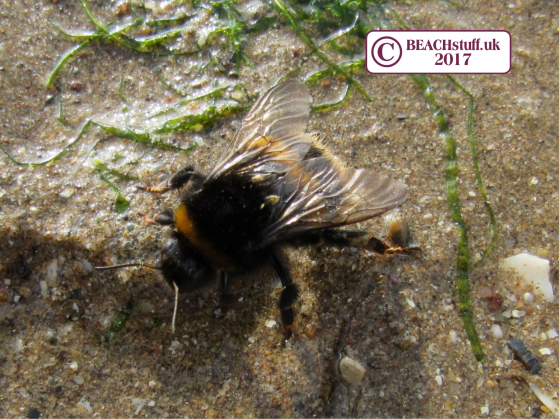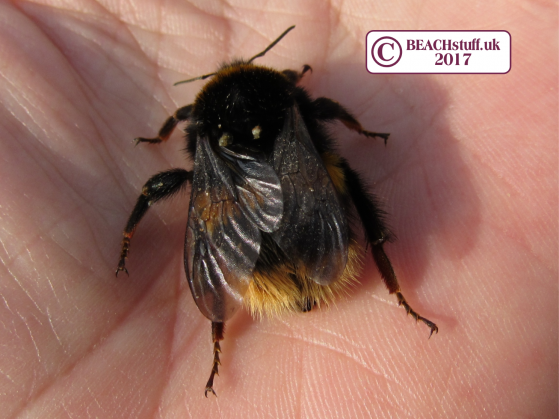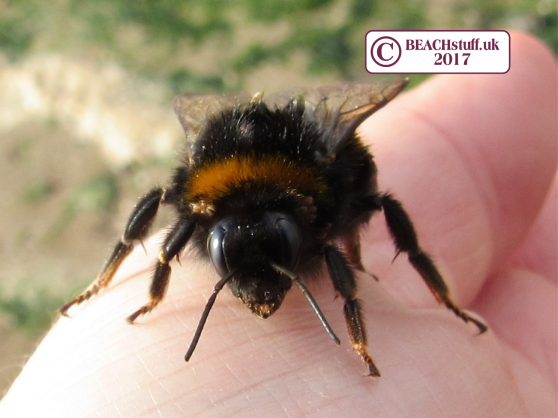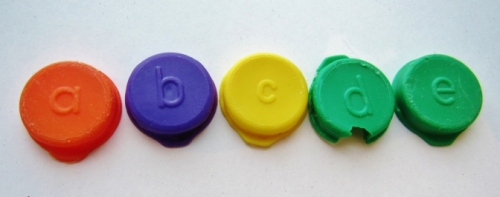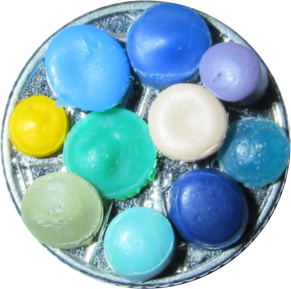Posted on 11th February, 2017
Yesterday I saw the messages on social media, appealing for people to get to Farewell Spit on South Island, New Zealand to help a stranded whale. As time passed, the full horror was revealed. This was not just one whale in a fight for life (which was a tragic enough story), this was hundreds of pilot whales dying on a single beach.
One person sharing messages about it voiced his own frustration that he was a seven hour journey away but he shared his hope that others who were closer could do what he couldn't do. I shared his frustration that I could nothing but put my hope in others to sacrifice their own time and needs to go and help hundreds of magnificent creatures who were no longer able to save themselves.
The last news I heard before I went to bed was that three hundred of these pilot whales were dead. It was terrible news but I was sadly not shocked - these strandings so often end in the worst possible way.
This morning, however, the news has taken a different turn. Yes, hundreds of whales have died but there is a different story. A hundred volunteers turned up on the beach, more arrived in boats. The people took each others arms and formed a human chain which, with the support of those in boats, guided a further hundred whales out into the water. Those whales are now swmming about in the bay.
It was a remarkable effort, a great testament to what people will do when nature needs them.
Of course, this is not the end of the story, those whales are not (if you'll forgive the poor choice of words), out of the water yet. They are still too close to land and may yet beach again. But they have many friends there waiting to do what they can to save them again.
Thank you to all those rescuers, and to all those who spread the word on social media. You not only gave a hundred whales a real chance of survival, you gave us a reason to believe in the generosity and compassion of human beings.
The Mirror's coverage of the story (with some fantastic photos) is here.
The BBC's story, with discussion of why strandings taken place is here.
UPDATE 12th February 2017: more whales have stranded but 200 have have refloated themselves with the help of volunteers. More here.
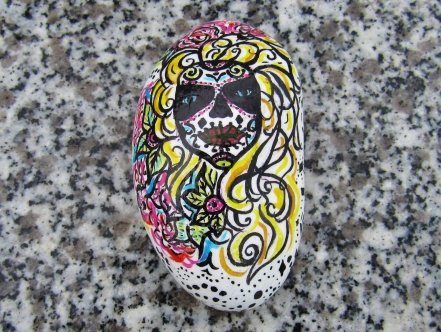
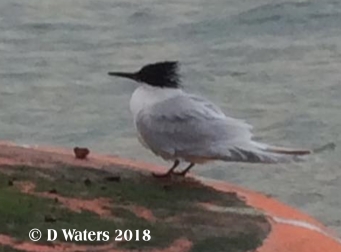
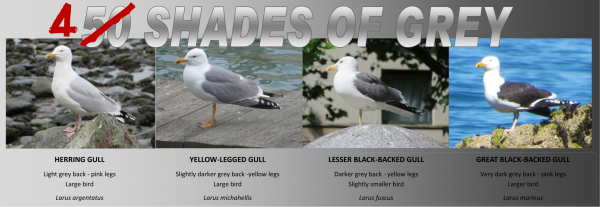
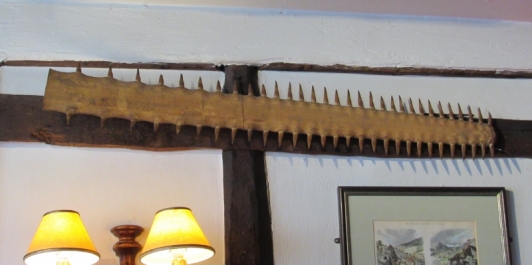
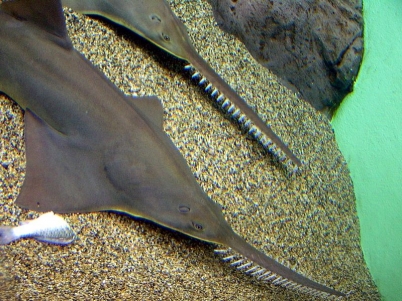 Sawfish in the flesh.
Sawfish in the flesh. 